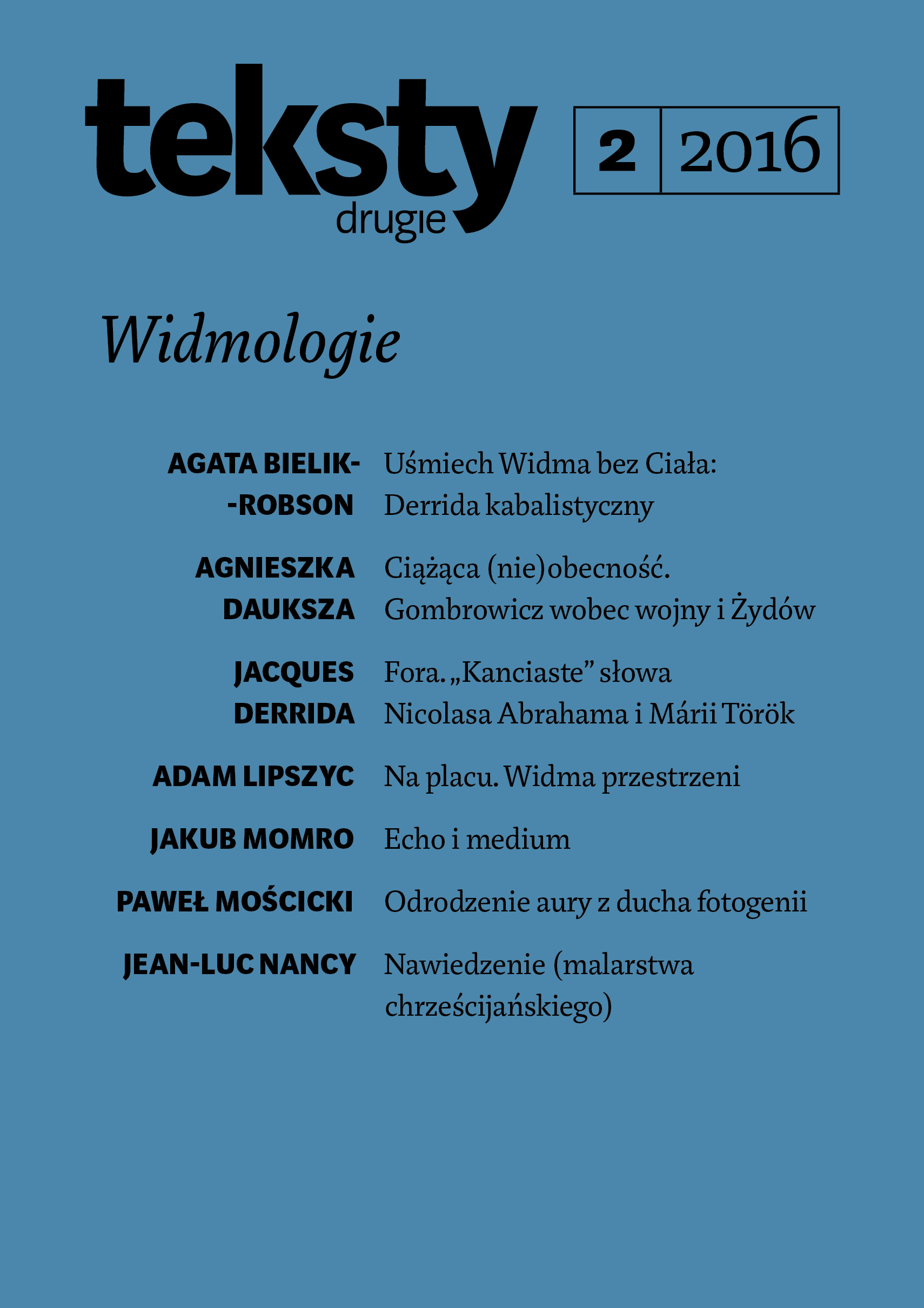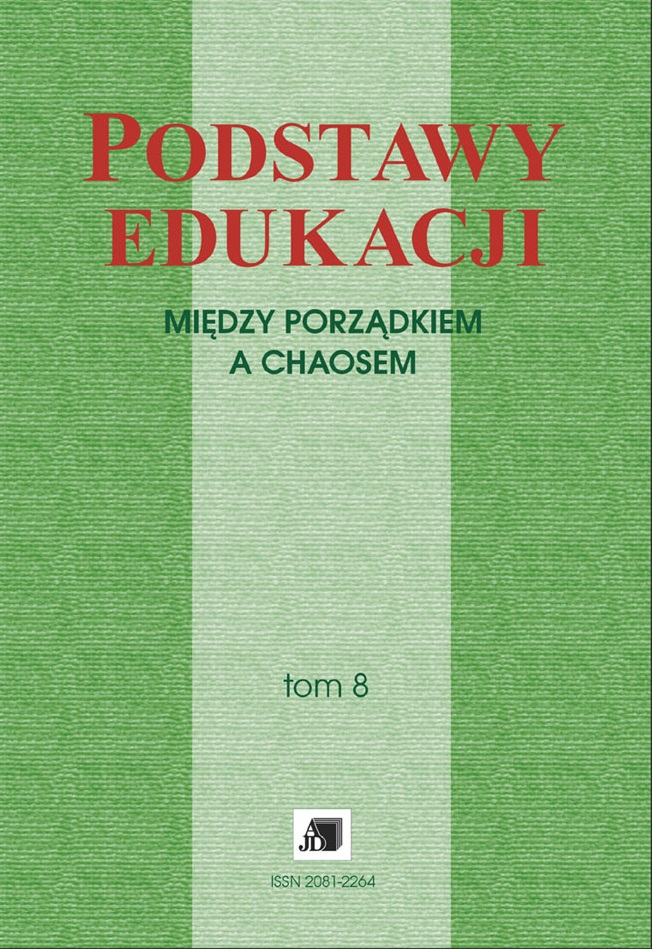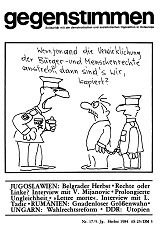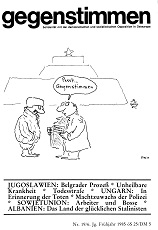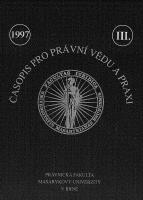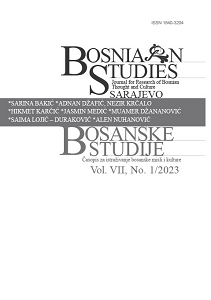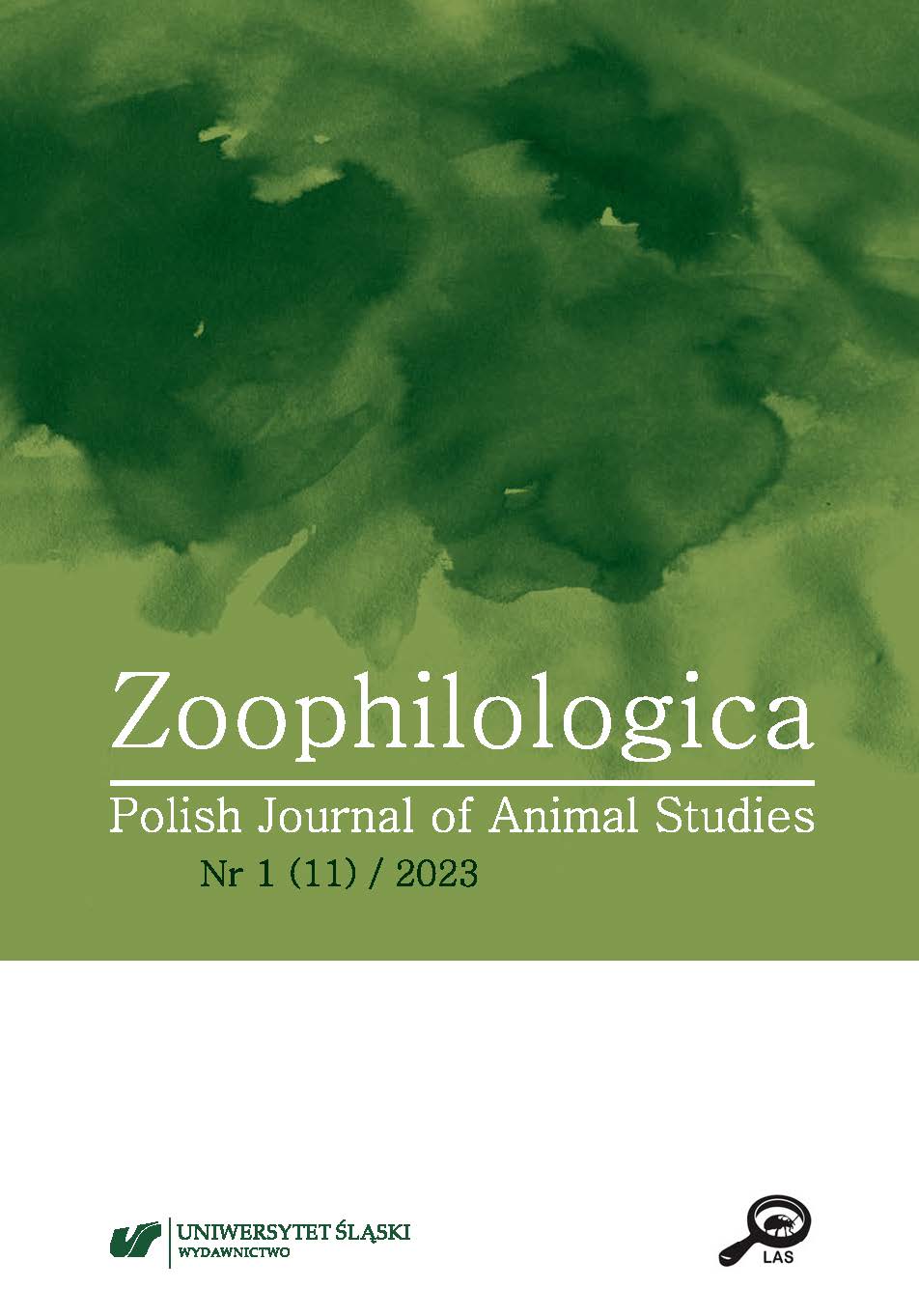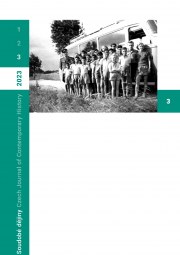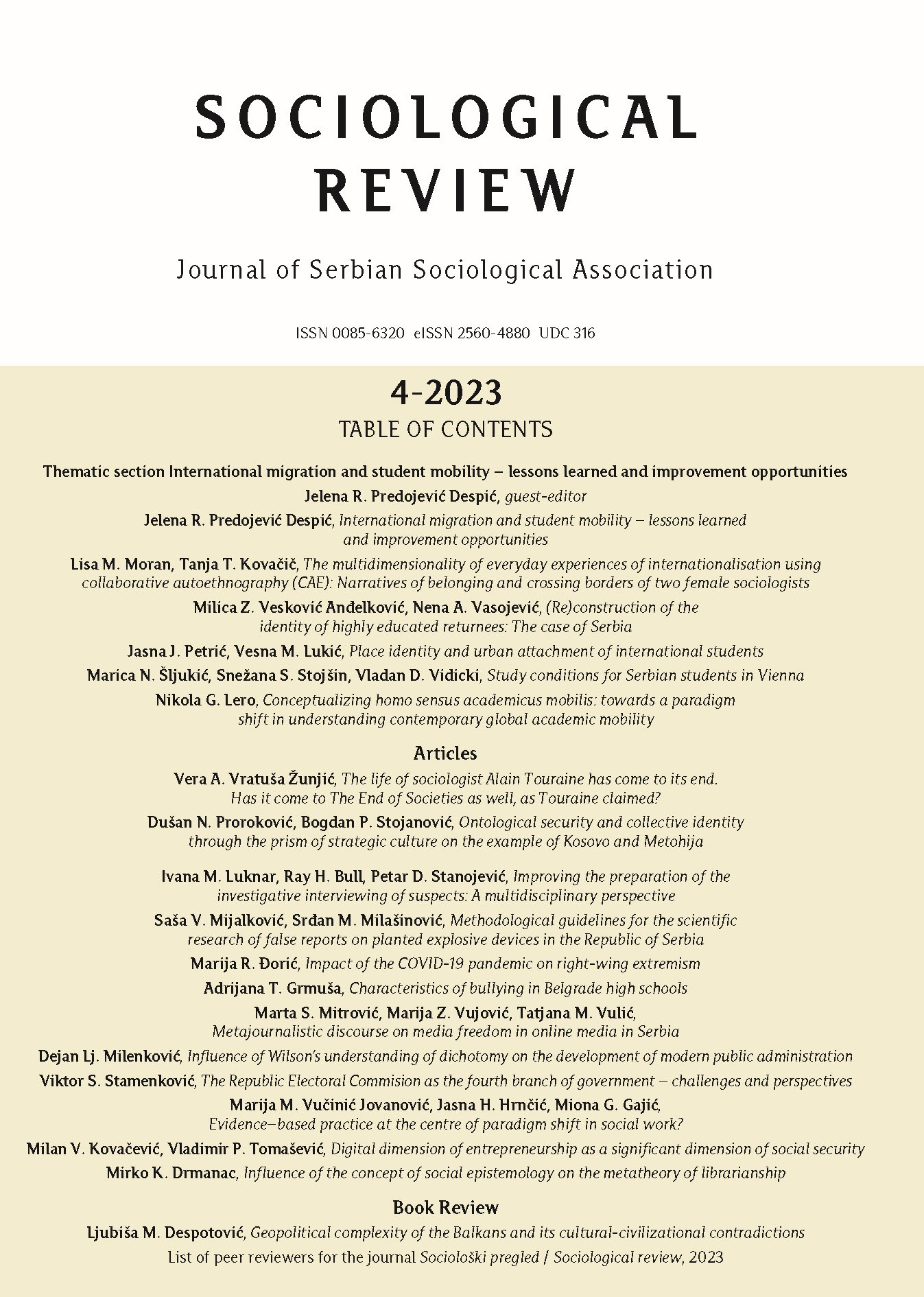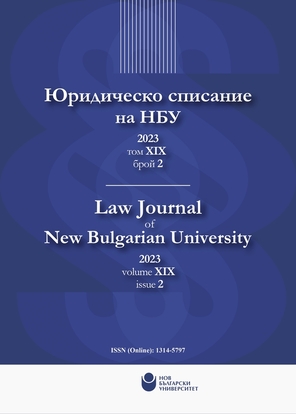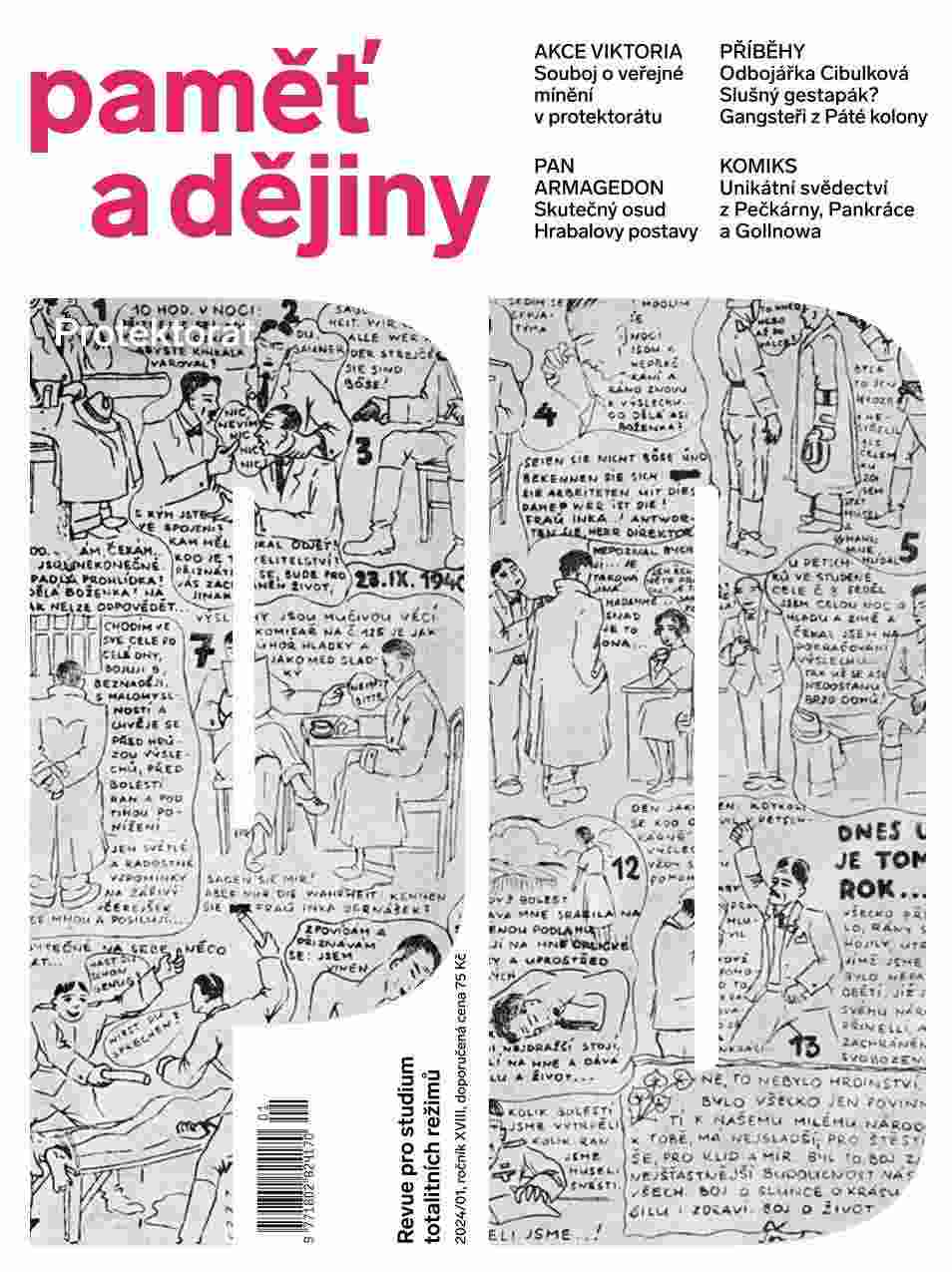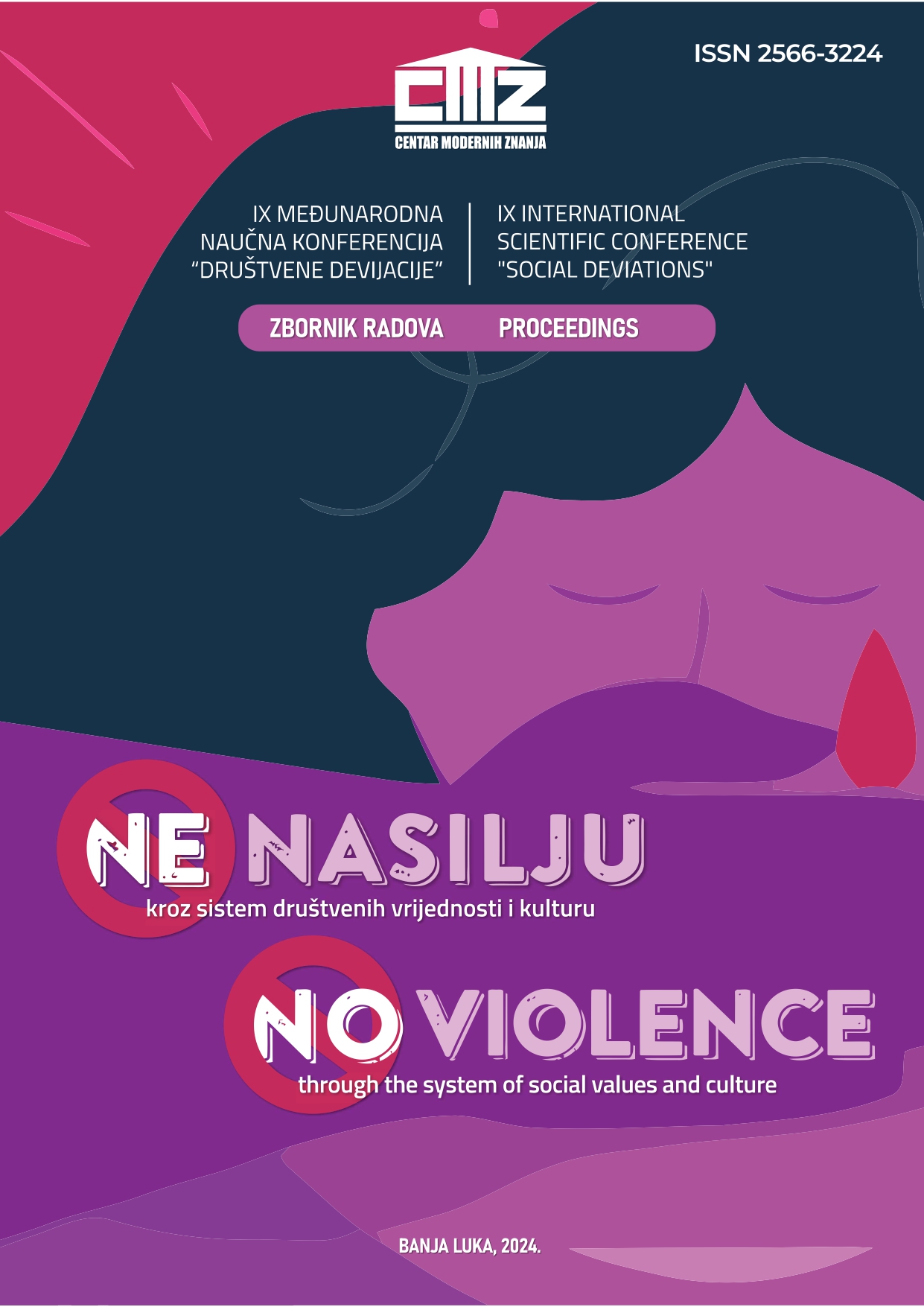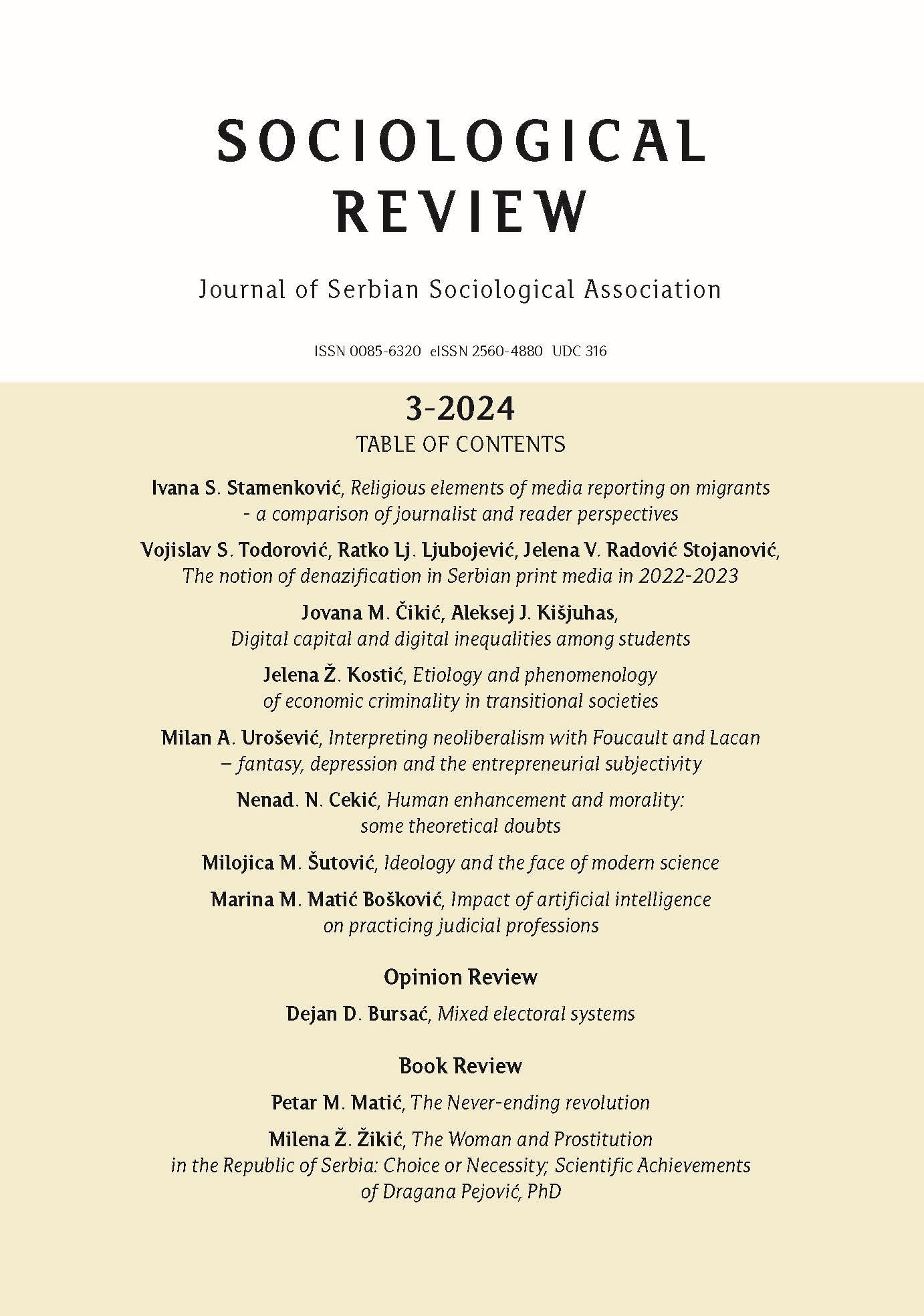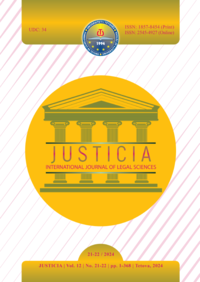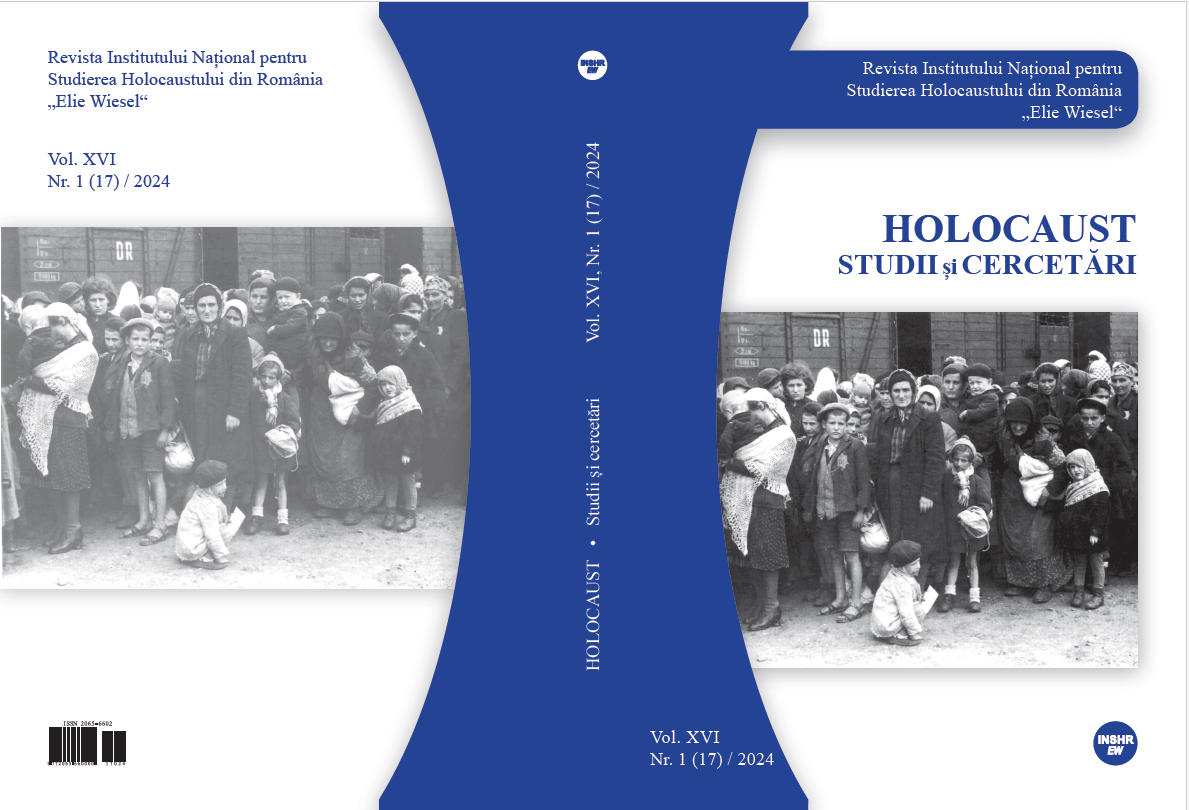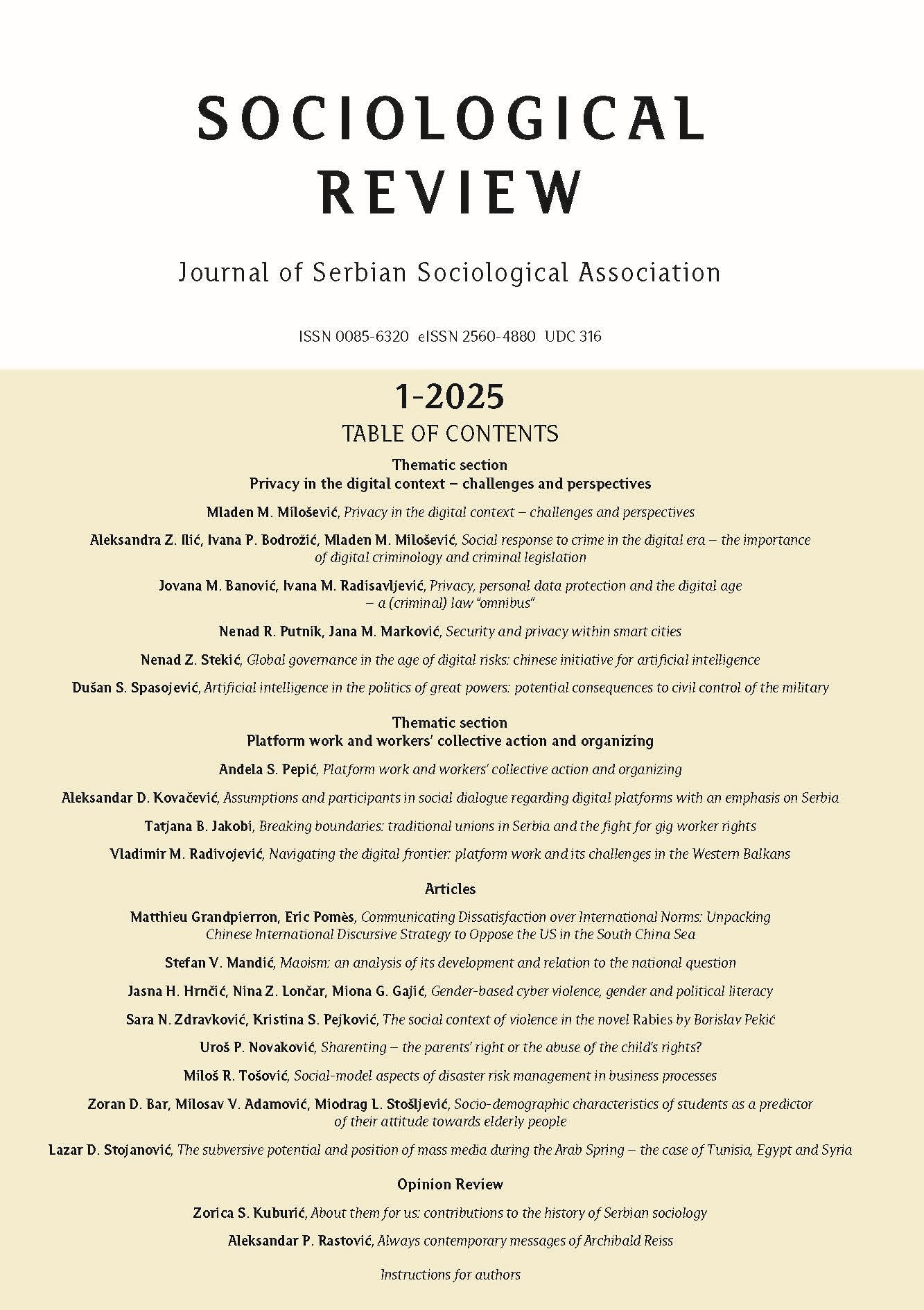Author(s): Moses KAMBERI / Language(s): English
Issue: 21-22/2024
The work brings to mind the years 1998 and 1999 in Kosovo, which brought a lot of suffering. Serbian forces carried out massacres, murders, raped women and men and destroyed almost the entire country. Approximately 90% of Kosovo Albanians were forcibly expelled from their homes. The paper brings to attention a contemporary issue, in these times of horror that are being repeated in the same form again in Ukraine and Palestine, groups of women and girls who are raped, massacred and killed, help displaced people with food, support, medical care, housing and education.Over 20 thousand Albanian women and girls were raped by the Serbs during the years 1998-1999. The harrowing narratives of Kosovar women and girls reveal the barbaric violence that the Serbs have inflicted on women, girls, mothers, children and men, who became victims of rape during the war. The role of women in Kosovo, in this war, was as important as the role of women for the creation of a new life.This research is based on real statistics of the testimonies of women and girls during the war in Kosovo. According to the records, women and girls got knowledge about weapons and ammunition and became part of the national liberation struggle. The women became the informers of the massacres that the Serbs would do in the towns and villages, preventing them.The lack of an accurate number of women participating in the war for the liberation of Kosovo means that they do not take their rightful place in this war. They deserve recognition. According to the data, there was a considerable number of women in the guerrilla BIA. Women had a key role in the liberation of the country, they must have been forgotten by the free state of Kosovo.The contribution and sacrifices of women during the war in Kosovo were unparalleled, they aimed at the war and the liberation of the Albanian lands. In many studies, this role of women in liberation has not been identified, due attention has not been paid to it, and this is related to the existence of patriarchal norms of Kosovar society. The exclusion of women from this active contribution is related to these norms and this study makes an effort to bring this contribution of women to the liberation war of Kosovo. The study brings to attention that the contribution of women during the war should be documented and be part of our oral and written history, whose contribution has been little described.
More...

